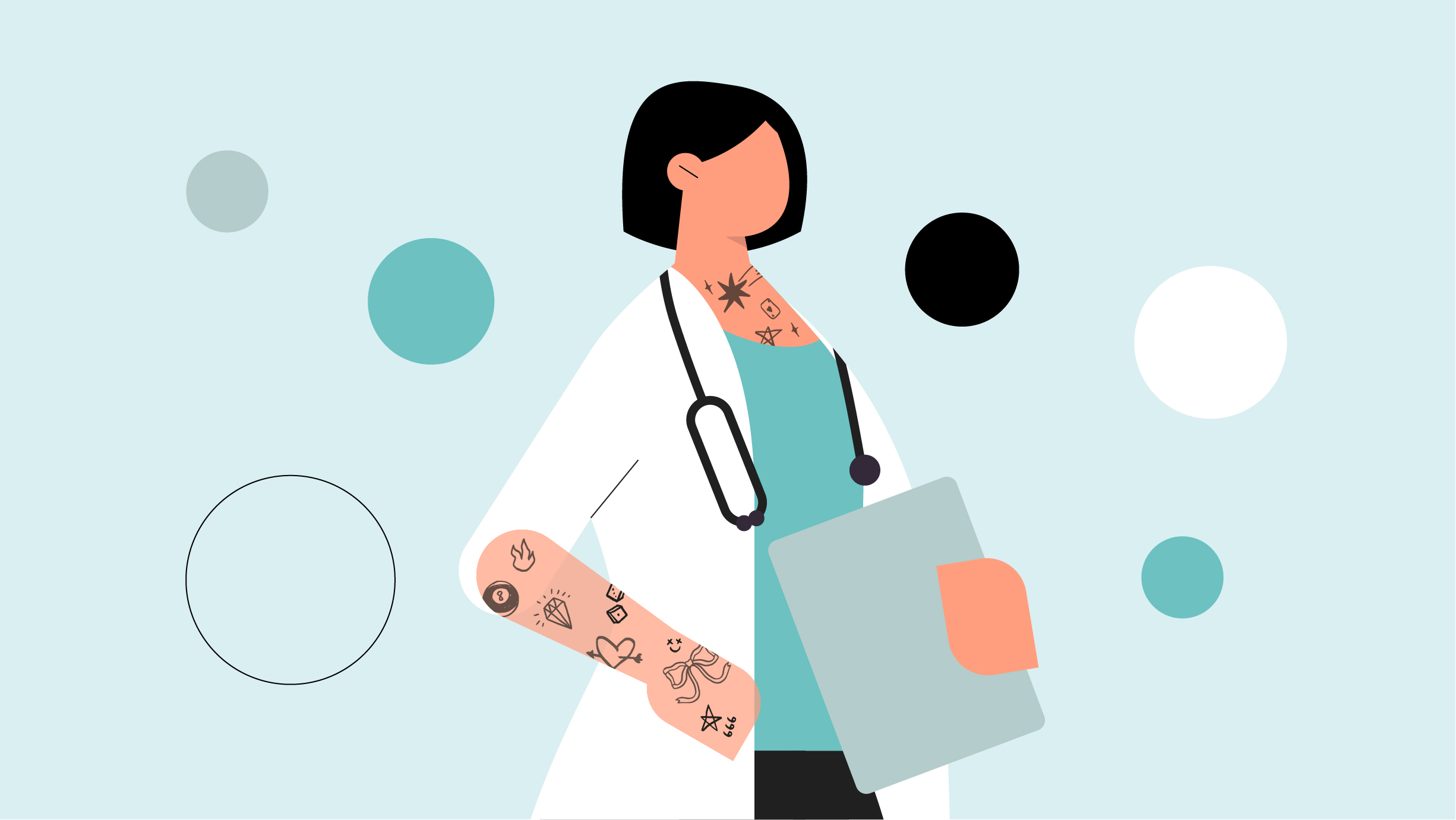What should I tell my care team before I take this medication?
They need to know if you have any of these conditions:
- Dehydration
- Infection
- Liver disease
- An unusual or allergic reaction to onasemnogene abeparvovec, other medications, foods, dyes, or preservatives
- Pregnant or trying to get pregnant
- Breastfeeding
What may interact with this medication?
Interactions are not expected.
This list may not describe all possible interactions. Give your health care provider a list of all the medicines, herbs, non-prescription drugs, or dietary supplements you use. Also tell them if you smoke, drink alcohol, or use illegal drugs. Some items may interact with your medicine.
What should I watch for while using this medication?
Your condition will be monitored carefully while you are receiving this medication.
You may need blood work done while you are taking this medication.
Talk to your care team about your vaccination history. To lower your risk of infection, you may need certain vaccines before you start this medication.
This medication can cause serious infusion reactions. To reduce the risk, your care team may give you other medications to take before receiving this one. Follow the directions from your care team.
This medication may increase your risk of getting an infection. Call your care team for advice if you get a fever, chills, sore throat, or other symptoms of a cold or flu. Do not treat yourself. Try to avoid being around people who are sick.
Be careful brushing or flossing your teeth or using a toothpick because you may get an infection or bleed more easily. If you have any dental work done, tell your dentist you are receiving this medication.
After gene therapy, it is important to avoid contact with the treated person's body fluids for 1 month. Body fluids include saliva, urine, stool, blood, and semen. By avoiding contact, the gene therapy will not affect others by accident. Wash hands with soap and water after coming into contact with body fluids and before eating. Use disposable gloves. Place items that have body fluids on them, such as diapers, in a sealed bag. Get rid of the bag in the regular trash.
This medication may increase the risk of tumors. Tumors are lumps or growths of cells that can form in any area of your body. Many tumors are benign, which means they are not cancer. Talk to your care team right away if you develop a tumor after getting this treatment.
What are the most serious risks of this medication?
This medication can cause serious liver injury. The risk is increased in people who already have liver problems. Your care team will check your liver with blood tests before and after treatment. Talk to your care team right away if you feel weak or tired, have loss of appetite, nausea, belly pain, light-colored stool, dark yellow or brown urine, or yellowing skin or eyes.








